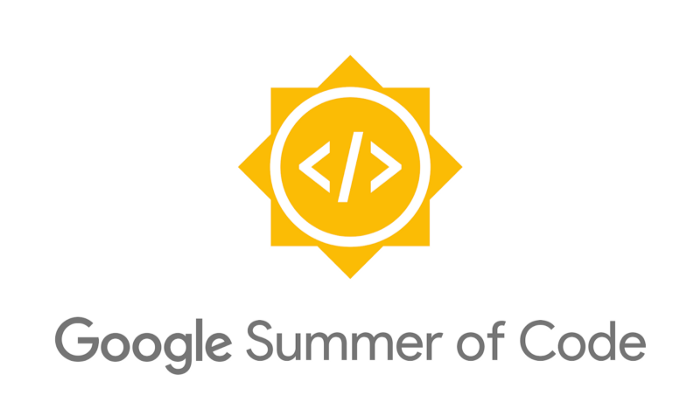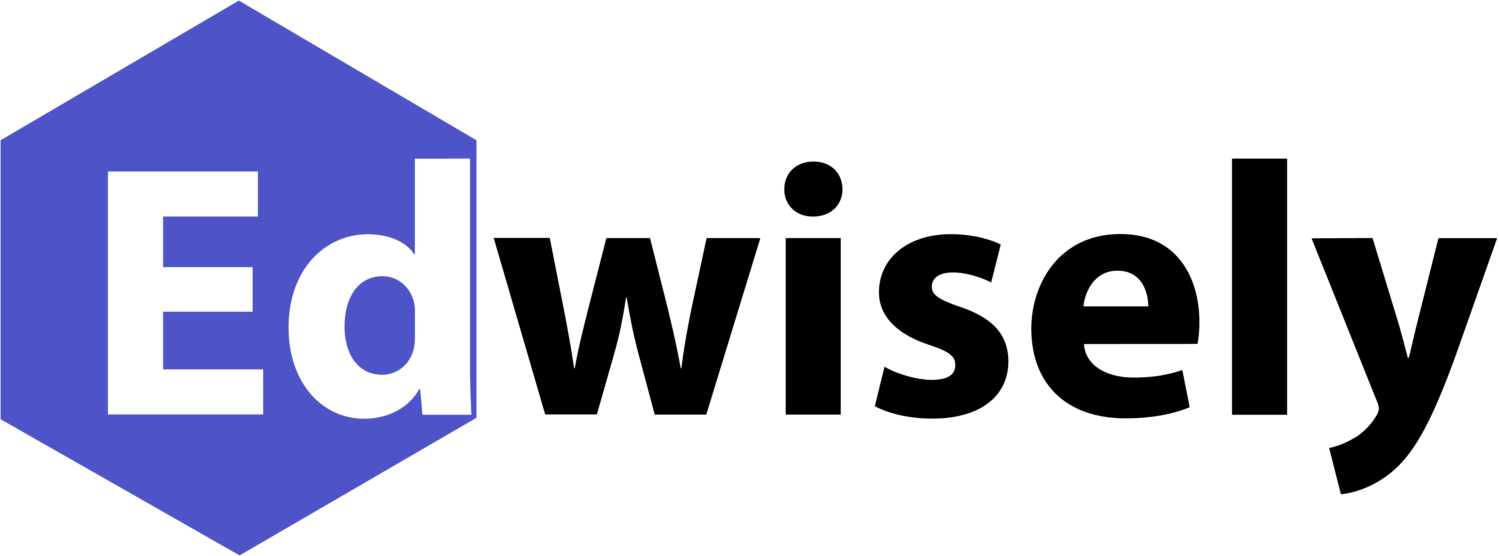
What is the most ideal approach to teaching, at the Graduate Engineering level?
William Arthur Ward would respond to this, saying “Inspire as Great Teachers would”
How do you inspire a student to learn an engineering topic? What do you do to kindle an element of interest in a student? In what capacity can an educator discuss viably with students the significance of what they are about to learn?
These are some of the challenges instructors face each day, the difficulties that educational institutions invest a lot of time and energy to solve. An instructional methodology dependent on relevant learning can help them effectively address.
Numerous students have trouble understanding scholarly ideas, for example, math ideas as they are usually taught through lectures. However, they are required to comprehend these ideas with the work environment and to the bigger society where they will live and work. Customarily, students have been required to make these associations by themselves, outside the study hall.
Why Contextual Learning?
Contextualized learning is a proven concept that incorporates the most recent research in cognitive science. The contextual approach recognizes that learning is a complex and multifaceted process that goes far beyond drill-oriented, stimulus-and-response methodologies. According to contextual learning theory, learning occurs only when students process new information or knowledge in such a way that it makes sense to them in their own frames of reference (their own inner worlds of memory, experience, and response). The mind naturally seeks meaning in context by searching for relationships that make sense and appear useful.
Contextual learning is complex and diverse when compared to traditional learning styles. It is proven that the student’s learning capabilities and knowledge retention are higher when directly exposed to problems in the real world. In practice, they must implement their learnings in real life scenarios.
The concept should make sense to the student from their perspective.
For example, if a student is learning a topic called electrical circuits in the class, they must be exposed to practical situations such as fixing a broken fan or light. This gives the students experience of life-situations. As a result, they retain the knowledge for a longer time in comparison to a traditional lecture-based classroom learning.
Contextual Teaching and Learning (CTL) involves making Learning meaningful to students by connecting to the real world. It draws upon students’ diverse skills, interests, experiences, and cultures and integrates these into what and how students learn and how they are assessed. In other words, contextual teaching situates learning and learning activities in real-life and vocational contexts to which students can relate, incorporating not only content, the “what,” of learning but the reasons “why’” that learning is important.

Some examples of contextual teaching and learning are interdisciplinary activities across content areas, classrooms, and grade levels; or among students, classrooms, and communities. Problem-based learning strategies, for instance, can situate student learning in the context of students’ communities. Many skills learned as parts of contextual learning activities are transferable skills, those that can be used not only for successful completion of a current project but also in other content areas to prepare a student for success in later vocational.
Contextual learning, then, engages students in meaningful, interactive, and collaborative activities that support them in becoming self-regulated learners. Additionally, these learning experiences foster interdependence among students and their learning groups.
“CONTENT IS KING, BUT CONTEXT IS GOD”
As Gary Vaynerchuk puts it

